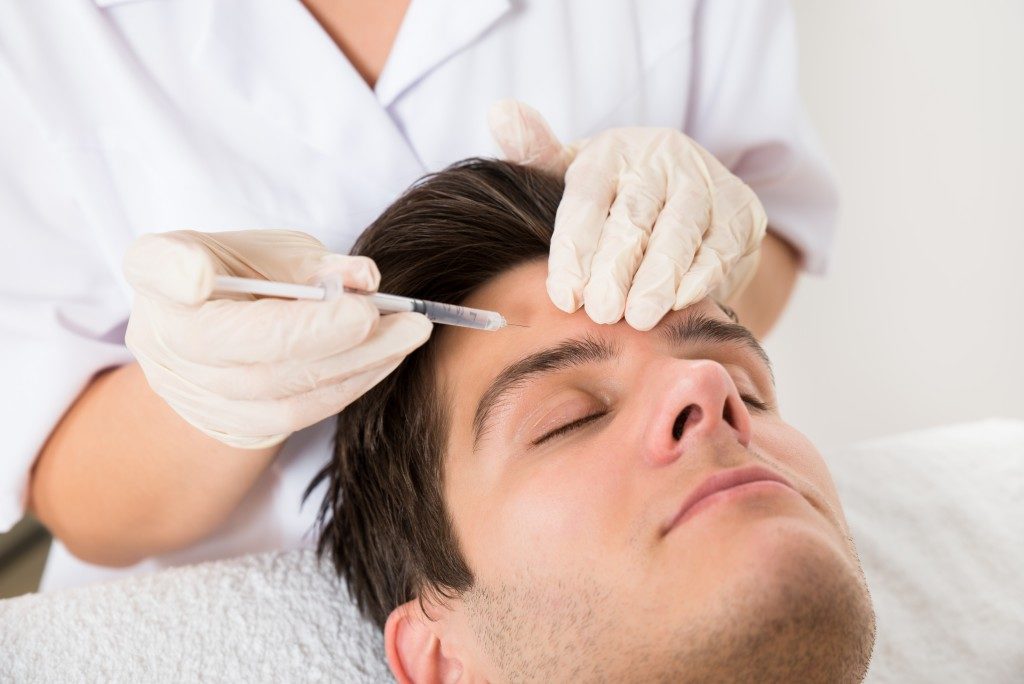Eating disorders usually start as a diet. You either want to gain or lose weight. Slowly, you realize that your eating and exercise habits have become extreme to the point that it’s affecting your health, relationships, and ability to focus. Seeking treatment is difficult regardless of what stage you are at in the recovery process. Still, it’s great that you’re able to recognize the problem. Now, you have to learn to share these concerns because to be successful in recovery, you have to tell someone you trust about it. Recovery is not a road you should take on your own.
An effective bulimia treatment plan, for example, requires a lot from a person. As someone dealing with an eating disorder, you have to open up to a counselor or therapist about it. This isn’t usually something that even a mentally strong person wants to embrace. Even the strongest people you know would want someone to be with them on this journey.
That’s why if you’re at this stage, you should learn how to reach out to a trusted family or friend. You should also realize that it’s not going to be easy either for you or your friend. It’s a long and hard road. You may relapse. You may succeed. But the point of seeking help is the realization that there’s something wrong with your eating habits.
Create a Safe Environment
Seek help from a loved one or a friend. Identify someone you can trust with your concerns. Start to open up to them about your eating disorder. It is also important to seek the help of a professional counselor and therapist. They will guide you through your recovery process. When speaking about your concerns, make sure to do it in a private and comfortable place that’s free of distractions. It should be in a place where you can freely talk about your feelings.
It is normal to feel shame and embarrassment before and after the talk. Share these feelings with your counselor or friend, too. They will remind you that you’re still doing a brave thing of opening up to them.
Explain Your Concerns

Start from the beginning. Talk about why you started going on a diet and what compelled you to do it to the extreme. Let them know when you realized a healthy diet turned into an eating disorder. They’ll ask why you continued to do it. It may be hard to explain it at first, but the process might lead you to the right conclusion.
Remember that there is no right or wrong way to share your concerns. But for them to understand you better, do your best to be as factual as possible. While they may not easily understand your reasons, you can help them learn how to deal with your emotions.
Educate Them
The reason they feel shock or fear is that they don’t understand it. Give the person you confide in important information about what you’re experiencing. You should also search for tips on how someone can support a person struggling with eating disorders. Let this person know that they can play a critical role in your recovery and that they must be with you every step of the way.
As you begin opening up about your condition, remember that this is a brave step that you’re taking. Wherever you may be now in your recovery process, pat yourself on the back for trying. There will be roadblocks ahead, but you will take on those challenges with grace.









